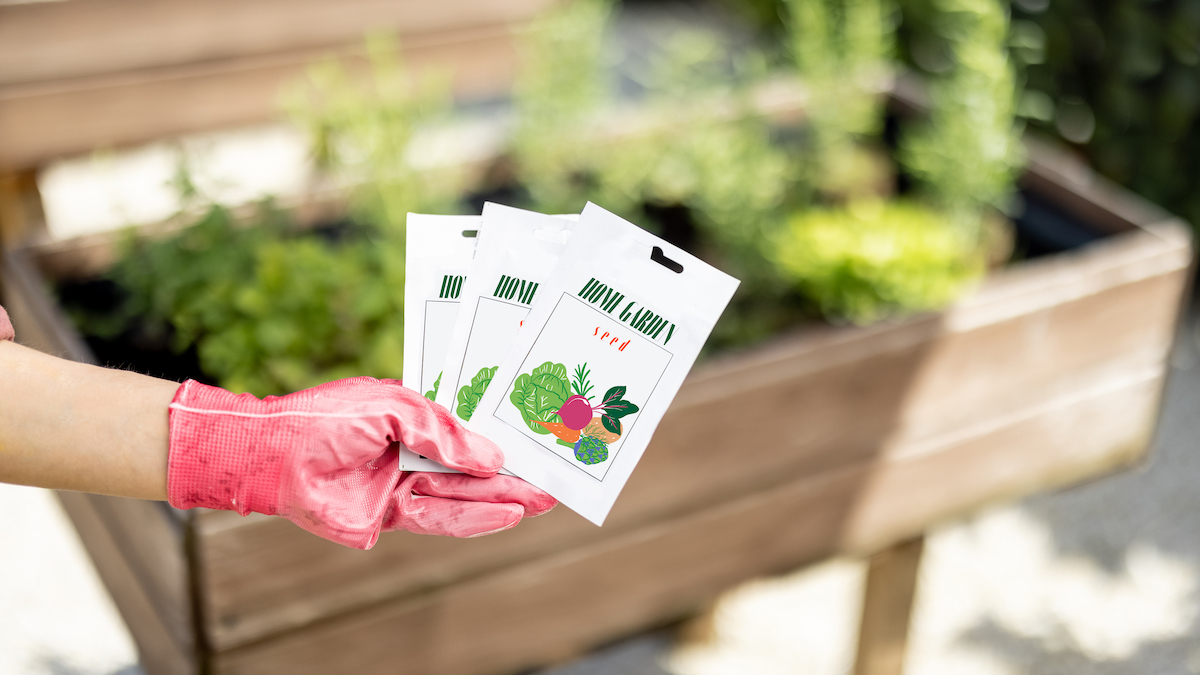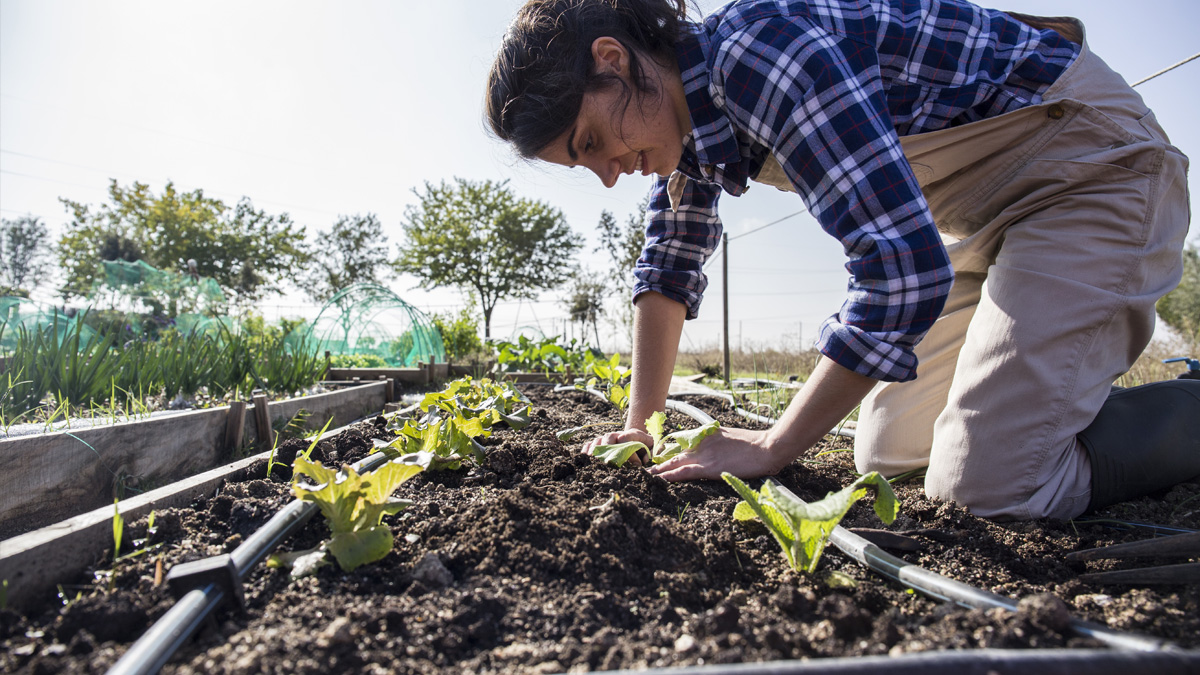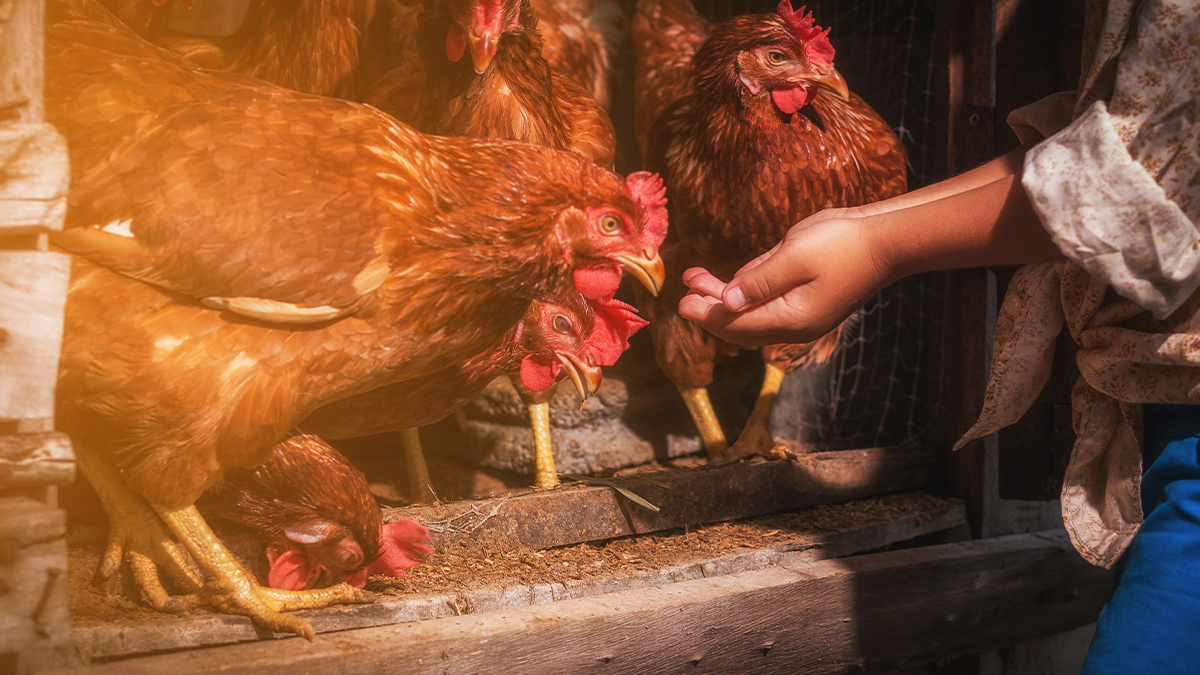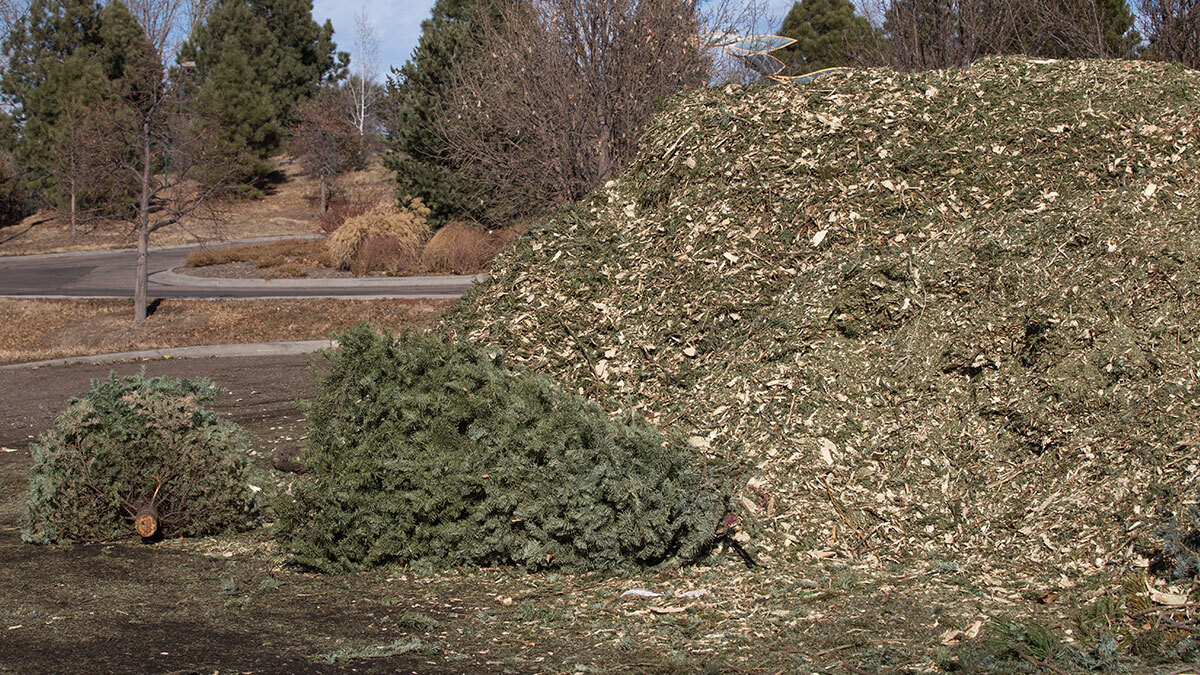on
When it comes to seed storage, choosing the right container is just as important as selecting the right seeds.
Proper storage of seeds can help maintain their viability, germination rate, and overall health. Choosing the right container can help protect your seeds from damage, moisture, pests, and temperature fluctuations.
Keep reading for how to select the best containers for seed storage and what factors to consider when choosing one.
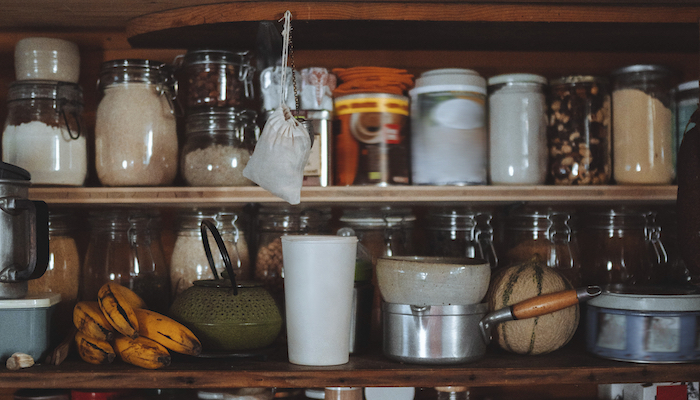
Seed Storage 101
Temperature and location are just as important – if not more – as your containers for seed storage.
Keep Seeds Dry
Seeds should always be kept dry to prevent them from germinating prematurely or developing mold. Moisture can also cause seeds to rot or become diseased.
Store Seeds in Cool Temperatures
Seeds should be stored in cool temperatures, ideally between 32 and 41 degrees Fahrenheit.
This will help to slow down the aging process and keep the seeds viable for longer. Avoid storing seeds in areas where the temperature fluctuates, such as a laundry room, damp basement, or warm attic.
Keep Seeds out of Sunlight
Seeds should be kept out of direct sunlight, as UV rays can damage the seed’s DNA and reduce its viability. Store seeds in a cool, dark place, such as a closet or a pantry.
[Related Read: Sprouting Benefits]
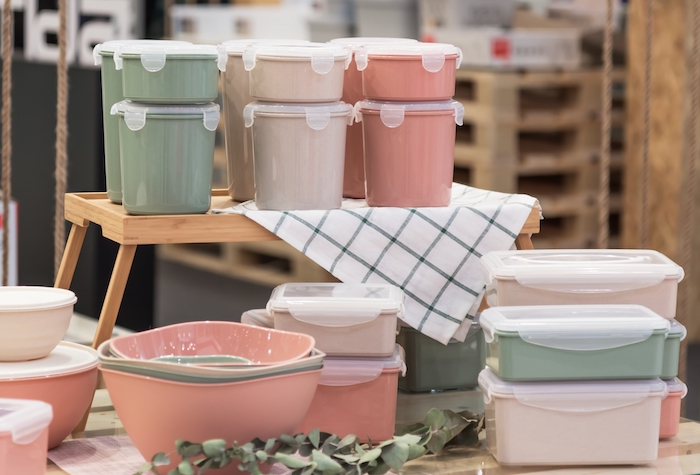
Select the Perfect Seed Storage Containers
#1 Material
The material of the container can have a significant impact on seed storage. Glass, plastic, and metal are the most commonly used materials for seed storage containers.
Glass and metal are great options for long-term storage, as they are resistant to moisture and pests. Plastic containers are also an excellent option, but it is important to choose food-grade plastic to avoid any potential chemical leaching.
#2 Size
The size of the container should be appropriate for the amount of seeds you are storing. If the container is too big, it can lead to excess air inside, which can cause the seeds to spoil. If the container is too small, it can lead to overcrowding and damage to the seeds.
#3 Airtight
It is important to choose a container that is airtight to prevent moisture, pests, and air from entering the container. Oxygen can cause seeds to break down, while moisture and pests can cause them to rot or become diseased.
#4 Visibility
Choosing a container with clear visibility can help you easily identify the seeds and their condition without having to open the container. It is also helpful for labeling and organization purposes.
#5 Durability
The container should be durable and able to withstand any potential impacts or damage. It should also be able to resist cracking, chipping, or breaking.
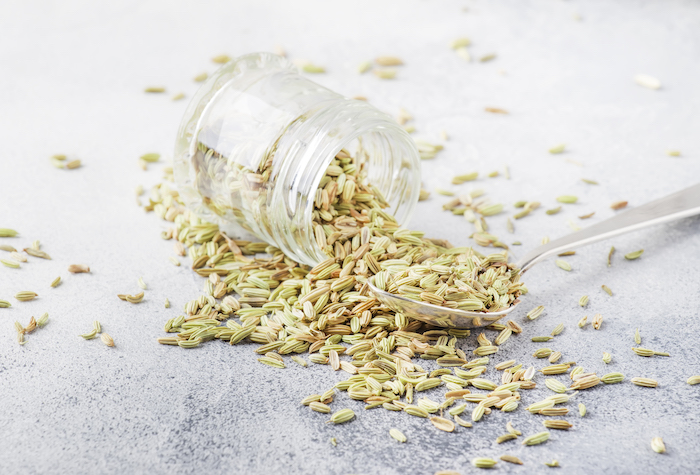
Top Containers for Seed Storage
Glass Jars
Glass jars are an excellent option for seed storage as they are airtight and moisture-resistant, and offer excellent visibility.
They are also non-reactive, which means they won’t react with the seeds, preserving their quality. Mason jars, canning jars, and baby food jars are all great options for storing seeds. They come in various sizes, making them suitable for different amounts of seeds.
When using glass jars for seed storage, it is essential to avoid direct sunlight, as UV rays can damage the seeds. You can also add a moisture-absorbing packet, such as silica gel, to the jar to absorb any excess moisture.
[Related Read: How to Reuse Everything on Your Homestead]
Plastic Containers
Plastic containers are a great option for seed storage as they are lightweight, durable, and airtight.
Food-grade plastic containers, such as those used for food storage or takeout containers, are suitable for seed storage.
When using plastic containers for seed storage, it is essential to avoid exposing them to direct sunlight or high temperatures, as this can cause the plastic to release harmful chemicals.
It is also important to choose containers that are free of BPA and other harmful chemicals.
Find ideas on how to organize your seeds here.
Metal Containers
Metal containers, such as those made from aluminum or stainless steel, are an excellent option for long-term seed storage.
They are airtight, moisture-resistant, and pest-resistant.
Metal containers are also durable and can withstand any potential impacts or damage.
When using metal containers for seed storage, it is important to avoid exposing them to moisture or high temperatures, as this can cause the metal to corrode or rust.
It is also essential to choose containers that are free of any potential contaminants or toxins.
Mylar Bags
Mylar bags are another option for long-term seed storage. They are made from a type of polyester film that is airtight
Storing seeds properly is essential for maintaining their viability and ensuring their successful germination in the future.
[Related Read: Build Your Own Doomsday Seed Vault]
Get access to premium content and more!



